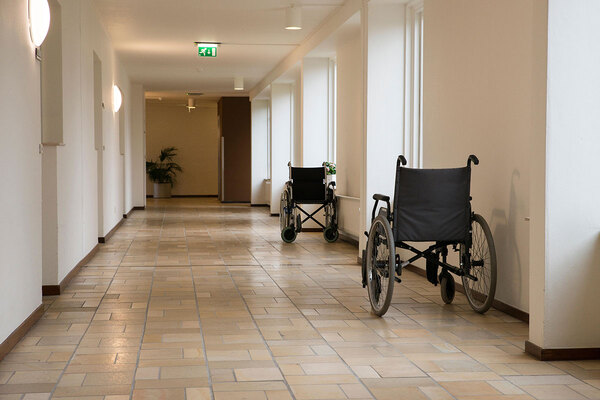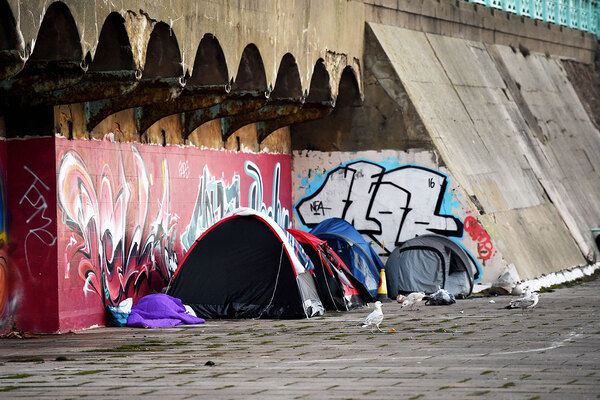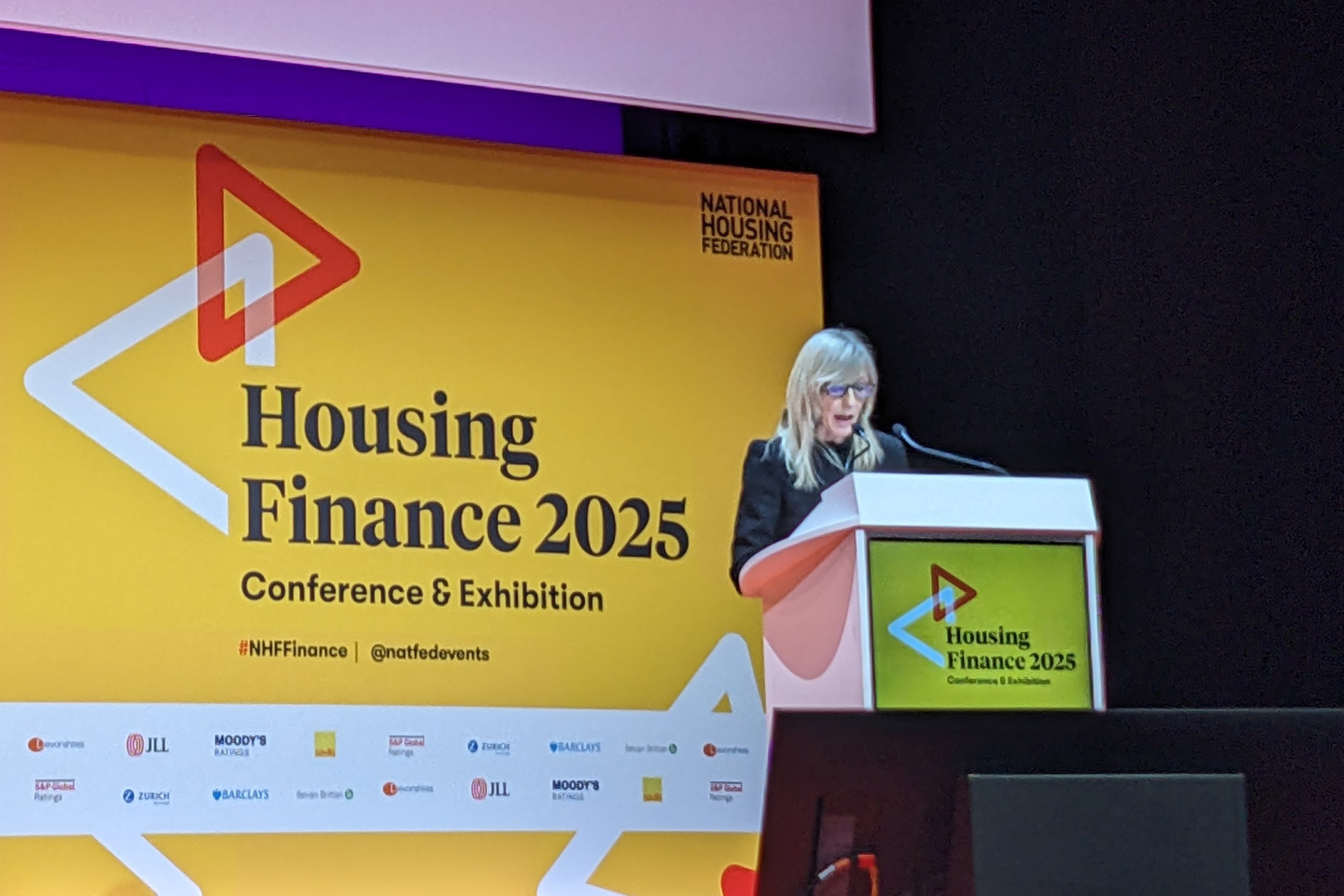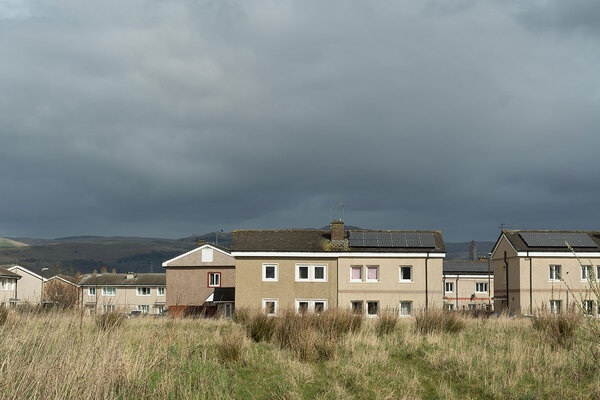Government to set out plans to crack down on criminal supported housing landlords ‘imminently’
The government has announced that it will “imminently” set out plans to crack down on “exploitative behaviour” by rogue and criminal supported housing landlords.
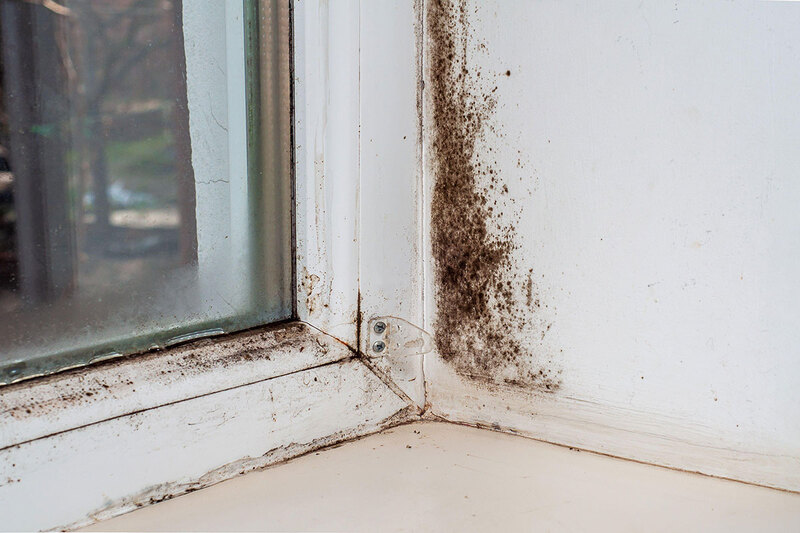
The Ministry of Housing, Communities and Local Government (MHCLG) said it will crack down on landlords who are costing the taxpayer by claiming uncapped housing benefit in return for “providing squalid homes for some of the most vulnerable”.
This leaves vulnerable people without the care or support they need, the department said.
MHCLG said that a new licensing scheme, tougher standards and the ability to stop housing benefit going to rogue landlords are all part of the plan, to be unveiled next week.
The government said these plans respond to “horrendous cases”, including criminal gangs buying large properties and putting vulnerable people in mouldy rooms with just a bed, and then providing no care, and other cases where rape victims have been housed with sex offenders.
In areas such as Blackpool, Birmingham, Blackburn and Hull, entire streets “have been overcome” with open drug use and anti-social behaviour, it said.
Gavin Smart, chief executive of the Chartered Institute of Housing, welcomed the announcement.
“It is right that the government moves to clamp down on a small minority of exploitative supported housing landlords who are providing unacceptable poor homes to vulnerable people,” he said.
“We look forward to seeing more details here and to working with government, housing providers and local authorities to ensure these commitments translate into real change on the ground.”
The Supported Housing (Regulatory Oversight) Act, which passed in August 2023, is aimed at improving conditions in exempt supported housing, a type of supported housing used to house people with various support needs.
It brought forward national standards for support and looked to give local authorities power to tackle poor-quality supported housing in their area.
However, despite passing as an act 18 months ago, it has still not been implemented.
A report on tackling homelessness from the Public Accounts Committee last month said that the government should implement the provisions of the act “as quickly as possible” and provide an update on its progress.
The act will hand the secretary of state the power to introduce national support standards and give local authorities the ability to create local licensing schemes for exempt accommodation.
It will also require local authorities in England to review supported housing in their areas, develop strategies and provide for the creation of a national expert advisory panel to advise on matters related to supported housing.
The act followed a report by the Levelling Up, Housing and Communities Select Committee in October 2022 that said urgent reforms were needed to fix the current system of exempt accommodation, which it described as a “complete mess”.
The report said that some residents’ experiences of exempt accommodation were “beyond disgraceful”.
The committee heard evidence of squalid environments, vermin, drug-taking, abuse and crime, including organised crime. The very worst experiences heard included stories about residents being raped and sexually harassed by their landlords under threat of eviction.
RELATED

